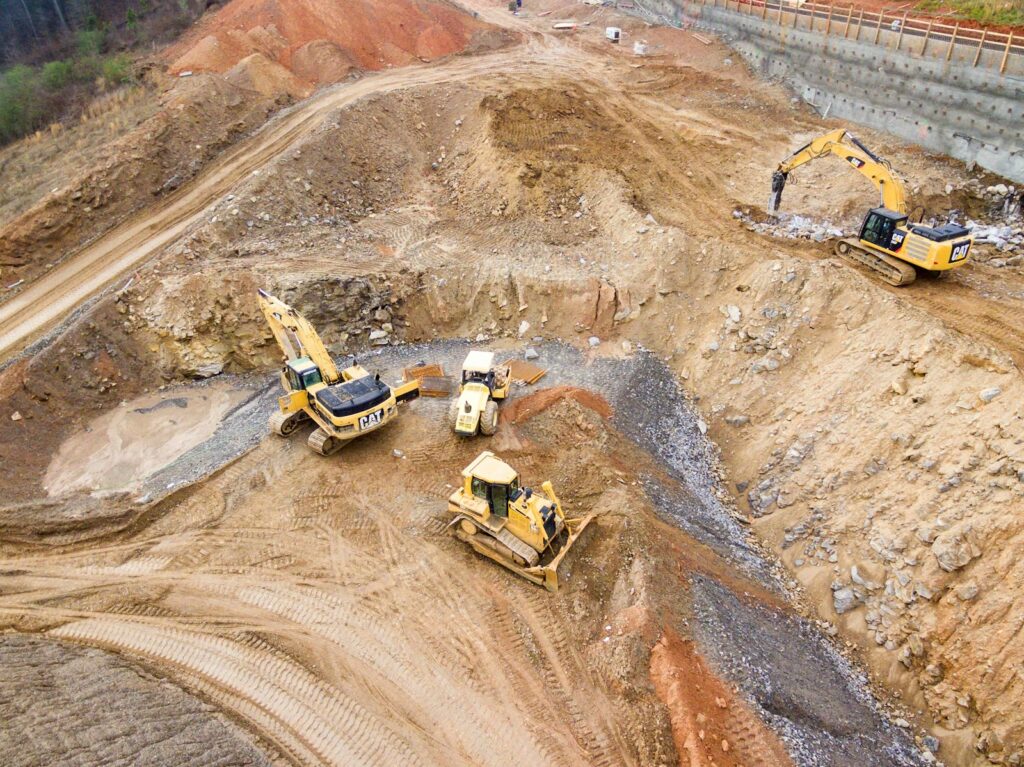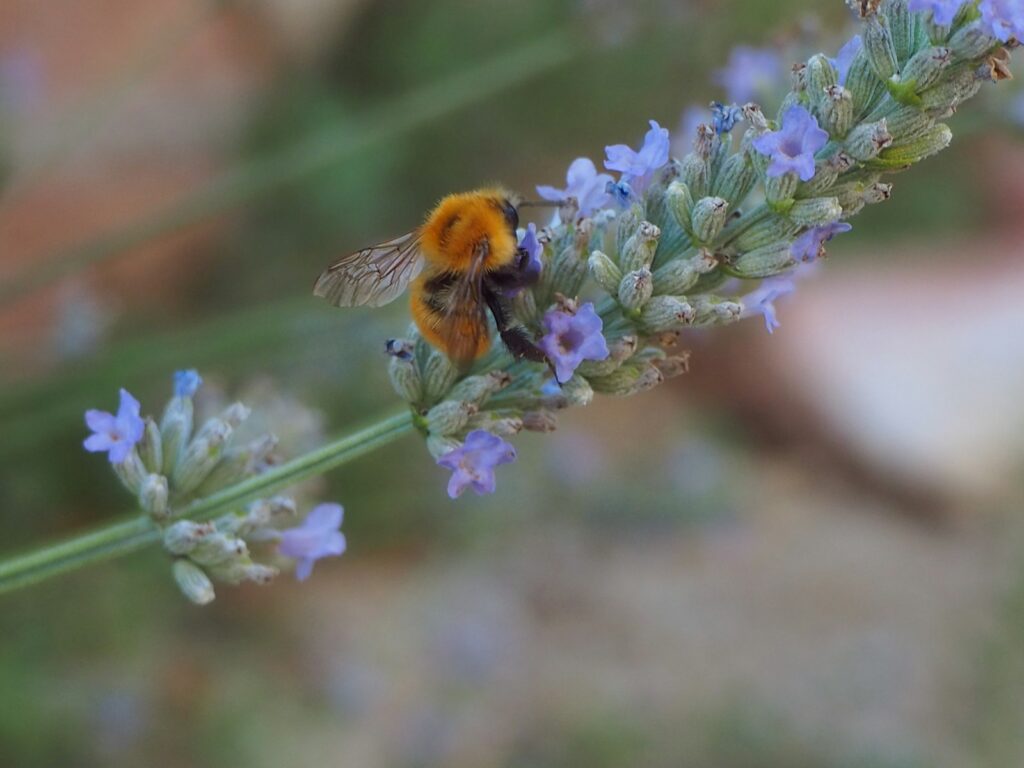Methane emission events in Russia increased by 40% in 2020, despite the impacts of Covid-19 on energy demand, according to satellite data taken from the Copernicus Sentinel missions.
Methane is one of the most potent greenhouse gases and according to the International Energy Agency (IEA), oil and gas operations worldwide emitted just over 70 Mt of methane into the atmosphere in 2020 alone.
In 2020, Europan technology start-up Kayross successfully developed a tool to detect individual methane emissions from space.
By combining data from the Copernicus missions, along with artificial intelligence algorithms, Kayrros scientists detected 13 methane emission events along the Yamal-Europe pipeline – a 4,196 km pipeline running across Russia, Belarus, Poland and Germany.
Interestingly, the researchers found that in 2020, the number of emission events in Russia increased by 40%, this is despite the Covid-19 pandemic which helped to cut Russian gas exports to Europe by an estimated 14%.
Over the same period, Kayrros also detected major methane releases in the US, these were associated with numerous shale oil production sites.
Antoine Rostand, president of Kayrros, said: ‘The climate footprint of these operational practices is enormous because of the global warming potential of methane – 84 times greater than carbon dioxide over 20 years.
‘The venting observed by Kayrros along Russian pipelines in 2019 and 2020 released methane equivalent to approximately 3 Mt of carbon dioxide, which could have been avoided.
‘We now have the technology to align with our ambitions. It’s time to use it.’
ESA’s Copernicus Sentinel-5P mission manager, Claus Zehner, added: ‘Kayrros’ use of Copernicus Sentinel-2 and Sentinel-5P images to detect methane hotspots is not only a major technical achievement but is hugely beneficial for the planet. It shows how cutting-edge innovation can leverage data from the Copernicus programmes to deliver benefits beyond what could have been imagined when these programmes were initially launched.’
In related news, late last month Environment Journal spoke to Georges Tijbosch, senior advisor at MiQ, an independent, not-for-profit partnership that aims to facilitate a reduction in methane emissions from the oil and gas sector.
Photo Credit – Pixabay
















